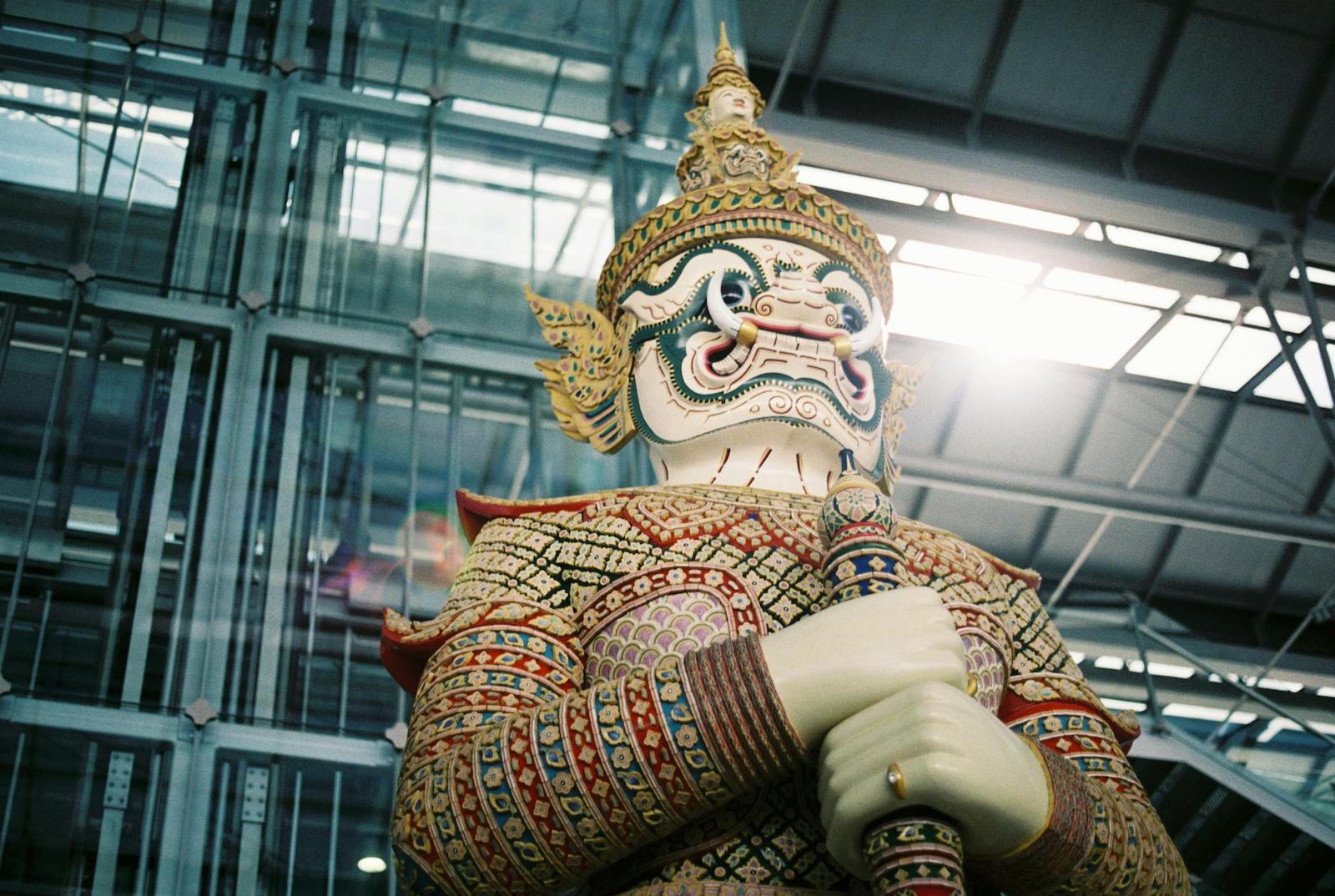If you’re planning a trip to Thailand, there’s a new cost you need to factor in: Thailand’s tourist tax.
Set to roll out in 2024, pending cabinet approval, this fee will initially apply to all foreign visitors arriving by air, adding to the costs of your travel. While it’s not a huge amount, it’s important to know how and where it applies—and, of course, whether you’ll need to pay it.

What is Thailand’s New Tourist Tax?
Thailand’s new tourist tax is part of the government’s plan to support tourism infrastructure. It includes a capped insurance fee (around 60 baht) for visitor protection, ensuring funds are allocated for improving tourist facilities, protecting natural sites, and managing the environmental impact of tourism. The tax is being implemented as a way to support the growing number of tourists while addressing the wear and tear on local services and facilities.
The fee applies to foreign tourists arriving by air, and it’s automatically included in the price of airline tickets, so you won’t need to worry about paying it separately when you land.
How Much Is the Tax?
The tourist tax is 300 baht (around $8–$9 USD) for air travelers. This fee is expected to be added directly to your airline ticket, so you won’t need to handle it at the airport or during your stay. While the amount may seem small, it’s part of a broader initiative to help fund the country’s tourism-related projects.
Who Needs to Pay the Tax?
The tax applies to foreign travelers arriving by air, though land and sea entry points may be included in the future. However, there are some exemptions:
- Thai Nationals: If you hold Thai citizenship, you won’t need to pay the tax.
- Border Crossers: Those entering Thailand by land from neighboring countries are exempt from the fee.
- Certain Work Permit Holders: Long-term expatriates and work permit holders might be exempt, but details on this are still emerging.
- Diplomats and Children under 2: Specific groups, such as diplomats and children under 2 years old, are exempt from the tax.
If you’re flying into Thailand for a holiday or a short stay, expect the tax to be bundled into your ticket price.
Where Does the Tax Apply?
For now, the tax only applies to air travel. If you’re entering Thailand by land or sea (from countries like Laos, Cambodia, or Malaysia), you’re currently exempt.
- Air Travel: The tax is added directly to international flights landing in Thailand. This includes all airports, from the major hubs like Suvarnabhumi Airport (BKK) in Bangkok to the tourist-heavy Phuket International Airport (HKT).
- Land or Sea: Travelers crossing into Thailand over land or by sea are not yet required to pay the tax, though this may change in the future as the government continues to refine its tourism policies.
What’s the Purpose of the Tax?
Thailand has long been one of the world’s top tourist destinations, attracting millions of visitors each year. While this is great for the economy, it also puts significant pressure on infrastructure, services, and the environment. The tourist tax aims to address some of these challenges by:
- Funding Tourism Development: Revenue from the tax will help maintain and improve Thailand’s tourist attractions, ensuring they remain accessible and well-preserved.
- Environmental Protection: Some of the funds will go toward environmental conservation, including efforts to protect Thailand’s natural parks and beaches.
- Supporting Local Services: Tourist-heavy areas often face strain on local healthcare, waste management, and transport systems. The tax is designed to provide additional resources for these services to ensure they can cope with the influx of visitors.
How Will This Impact Travelers?
For most tourists, the 300-baht fee won’t significantly impact the overall cost of their trip. However, it’s something to keep in mind when booking your flights, as the fee will be included in your ticket price. The tax is aimed at making tourism more sustainable in the long run, benefiting both travelers and locals alike.
Planning Your Trip with the Tourist Tax in Mind
Thailand’s new tourist tax is a small but important change to be aware of when planning your trip. While it won’t drastically alter your travel budget, it’s a sign of the country’s growing focus on sustainable tourism. With this new fee, Thailand aims to balance the booming tourism industry with the need to protect its natural beauty and support local services. So when booking your flights, keep an eye out for the tax, and rest assured that your contribution is going toward keeping Thailand a top destination for future travelers.
Featured Image Credit: Pexels 27 Percentss.
For transparency, this content was partly developed with AI assistance and carefully curated by an experienced editor to be informative and ensure accuracy.










